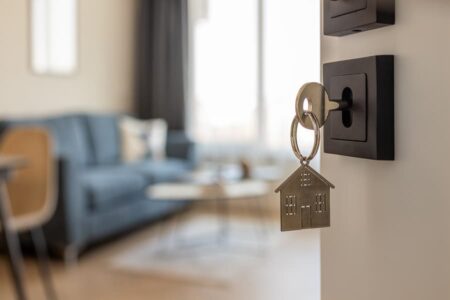Security measures for short-term rentals
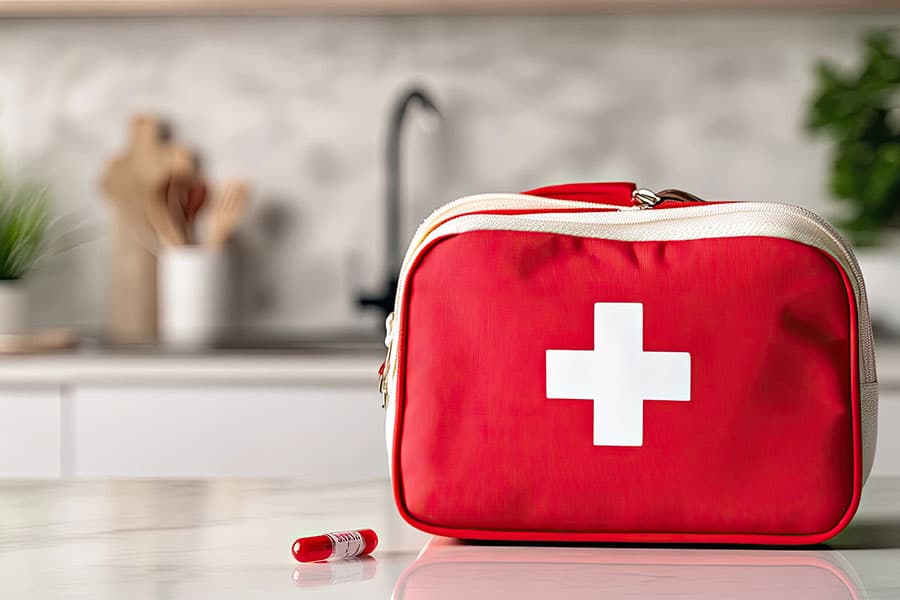
All you need to know
The short-term rental market is truly experiencing a golden moment, but with growth also comes increased attention from a legislative standpoint. New regulations introduced by Law No. 191 of 2023 have brought important changes for those who rent properties for short periods. Let’s take a look together at everything you need to know in order to run your business with confidence.

Regulatory news
The new regulations already in effect since 2024, introduced by theArt.13b DL 18/10/2023 no. 145, tell us about two essential measures:
- Introduction of the CIN: the National Identification Code, which we told you about extensively in one of our previous articles CIR and CIN: what they are and why they are needed for short-term rentals – we recommend you read it to stay abreast of the regulations.
- Introduction of new security standards
- Introduction of the Certified Declaration of Commencement of Activity (SCIA)
Security requirements for short-term rentals
As of November, facilities intended for short-term rentals will also have to follow the same safety standards as hotels:
- Gas and carbon monoxide detectors: every property should be equipped with detection devices to protect guests from the risks of gas and carbon monoxide leaks. These devices, which are essential to avoid household accidents, should be placed in strategic areas, such as the kitchen and spaces near gas installations.
- Fire extinguishers: each housing unit must have at least one fire extinguisher per floor, positioned so that it is easily accessible. Regulations specify that there must be at least one portable fire extinguisher for every 200 square meters of floor area. These devices, while simple, can make all the difference in case of emergencies.
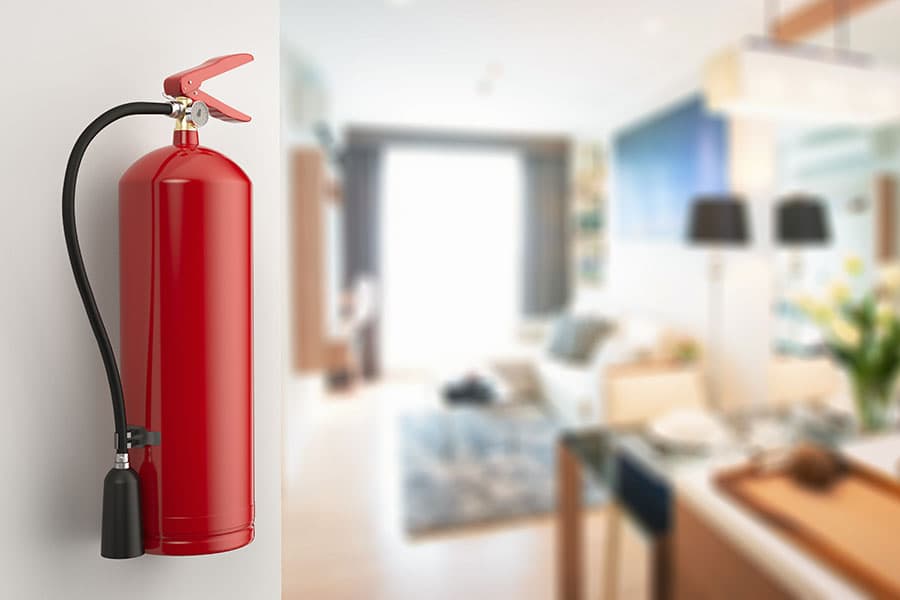
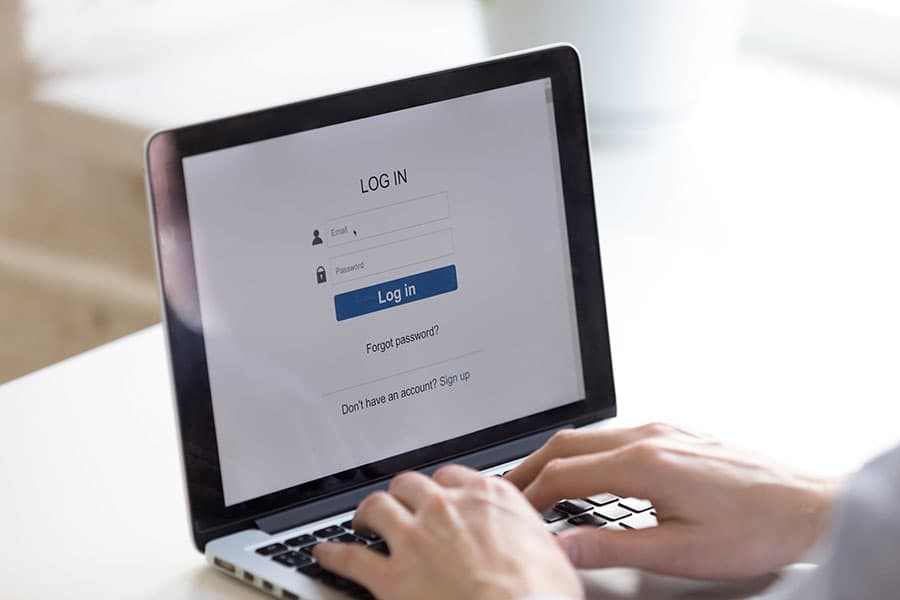
SCIA: simplification for owners and operators
The Segnalazione Certificata di Inizio Attività (SCIA) is a compulsory document for those who start a short-term rental business to file with the SUAP of the relevant municipality.
For those unfamiliar with bureaucracy, this may seem like a complicated task, but many municipalities offer support and detailed instructions. It is a simple, system-driven procedure that allows you to communicate the start of a new activity, any changes within management, communication of compliance and safety requirements, and more.
Why talk about security?
When we talk about security, we are not just talking about a legal requirement but real protection for those staying inside your facility.
Events such as gas leaks or fires can indeed have serious consequences, so it is crucial to prevent such risks through appropriate devices.
Last detail, certainly not least, in addition to protecting guests, following regulations helps you avoid hefty fines and legal problems.
What are the possible sanctions?
- those who do not apply for the CIN can be punished with a fine of 800€ to 8,000€, depending on the size of the facility.
- Those who do not display the CIN risk a penalty of €500 to €5,000
- Those who do not meet the safety requirements under Paragraph 7 risk a penalty of 600€ to 6,000€ for each violation found.
- in the absence of the SCIA , the penalty ranges from €2,000 to €10,000, again depending on the size of the structure or property.
Ignoring the rules therefore is not an option. The penalties for those who do not comply with the new regulations can be, as we have seen, quite significant.


Extra tips for complete safety
In addition to the mandatory requirements, there are also best practices that can further improve safety:
- Fire alarm systems: although not required for all facilities, fire alarms are an effective measure to prevent and protect.
- First aid kit: having a first aid kit available in the home is a good practice that can make a difference.
- Emergency instructions: providing guests with a sheet with instructions to follow in case of an emergency helps keep calm and respond promptly.
Good maintenance
In all this talk about standards, however, we also want to remember the importance of regular maintenance.
Devices such as gas detectors and fire extinguishers must be checked periodically to ensure that they are functioning. For fire extinguishers , there are semi-annual inspections that are performed by trained personnel who meet the legal requirements.
A facilities audit may seem like a commitment, but it ensures that the facility is always ready to deal with any emergency.
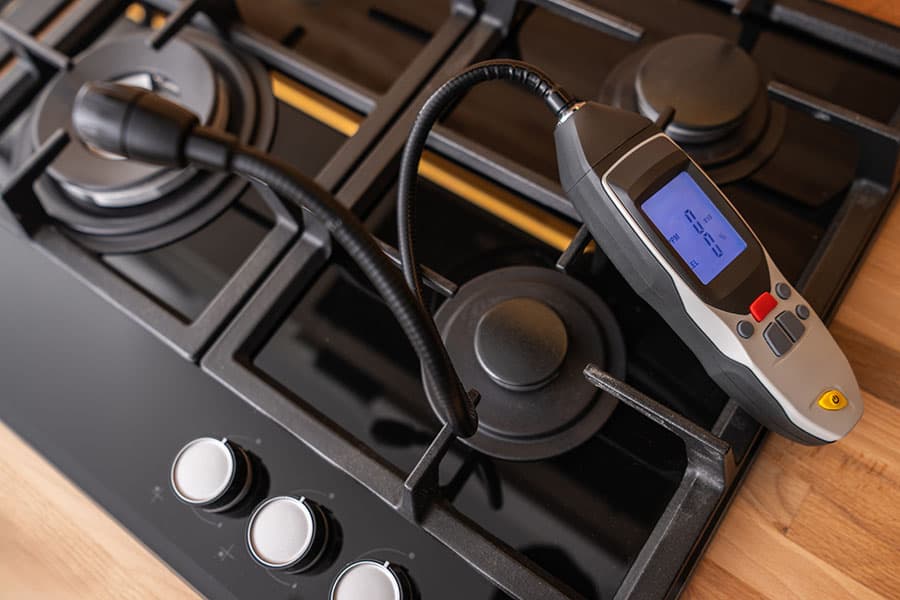
Tips for novice owners
If you are new to the world of short-term rentals, it may seem a bit complex to navigate the laws and requirements. Here are some tips that may be helpful to you:
ENTRUSTED TO PROFESSIONALS
To make sure you are complying with all regulations, consider engaging an expert who can help you with the SCIA and the preparation of the necessary paperwork.
FOCUSES ON PERSONAL TRAINING
How many times have we heard: Ignorantia legis non excusat – the law does not admit ignorance. This locution is very true, so the advice is to also inform yourself personally about everything related to your business.
Yes, trust the professionals you choose.
Yes, turn to us at Travel Inside or anyone you trust.
Yes, always ask questions and rather ask once more, but always try to know what is going on behind the scenes of running your business.



